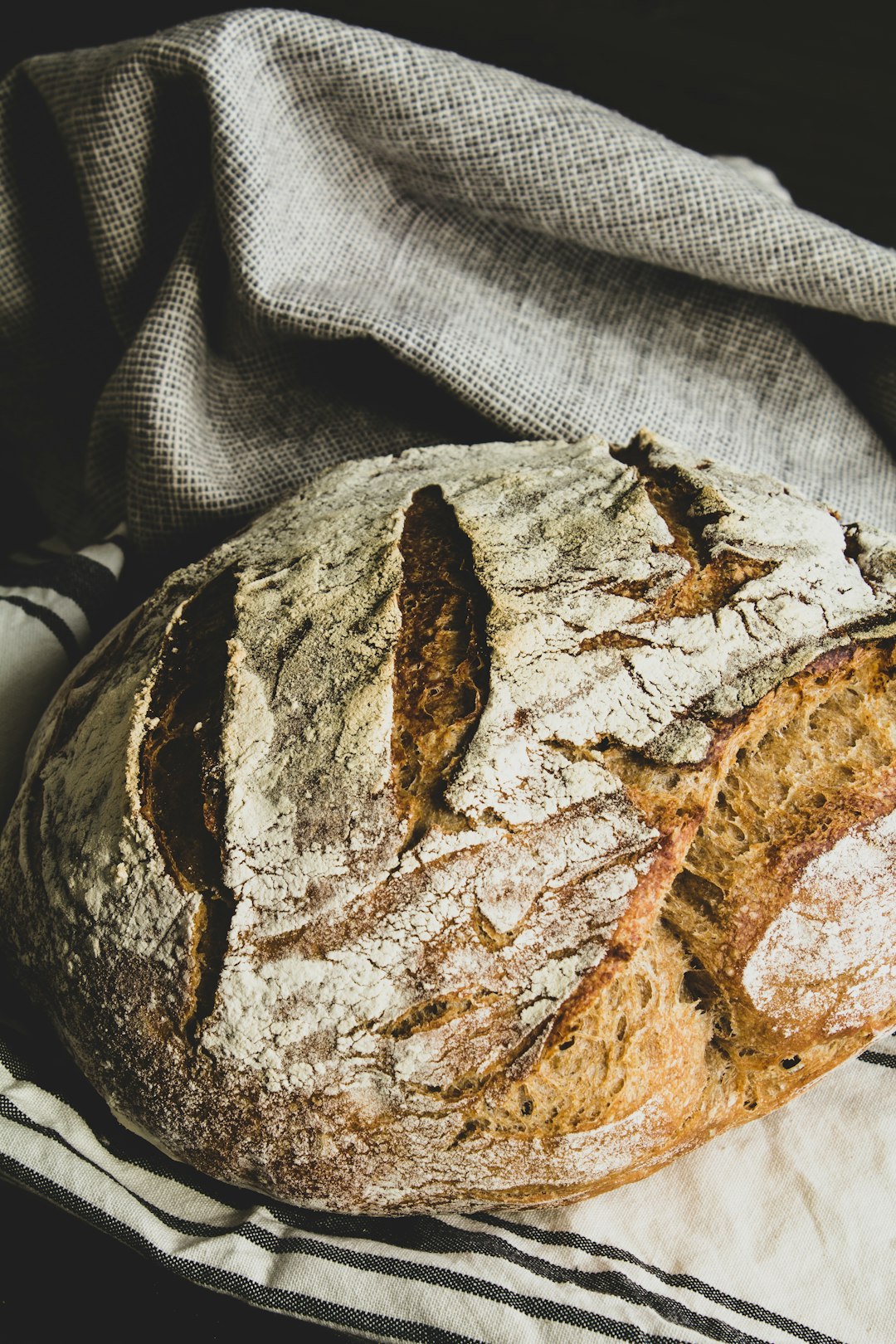
Barley Flour Korma Dough: A Flavorful Twist on Tradition
Korma, a rich and aromatic dish often associated with Indian cuisine, brings together a medley of spices and ingredients to create a delightful experience. When combined with barley flour, the dough takes on a unique texture and flavor, making it a healthier and heartier choice. This article will guide you through the process of creating the perfect korma dough using barley flour, providing you with practical tips, variations, and serving suggestions.
Why Choose Barley Flour?
Barley flour is a whole grain flour that offers numerous health benefits. It is high in fiber, which aids digestion and keeps you feeling full longer. Additionally, it has a nutty flavor that complements the rich spices found in korma. Using barley flour not only enhances the nutritional profile of your dish but also adds a depth of flavor that is sure to impress your guests.
Ingredients for Barley Flour Korma Dough
To make the korma dough, you will need the following ingredients:
- 2 cups barley flour
- 1/2 teaspoon salt
- 1 tablespoon oil (olive or vegetable)
- 3/4 cup warm water (adjust as needed)
- Optional: 1 tablespoon yogurt for added richness
Instructions for Making Barley Flour Korma Dough
Step 1: Combine Dry Ingredients
In a mixing bowl, combine the barley flour and salt. Mix thoroughly to ensure the salt is evenly distributed throughout the flour.
Step 2: Add Oil
Drizzle the oil into the flour mixture. Using your fingers, rub the oil into the flour until it resembles coarse breadcrumbs. This step is crucial as it helps create a flaky texture in your korma dough.
Step 3: Gradually Add Water
Create a well in the center of the flour mixture and slowly add warm water, a little at a time. If you’re using yogurt, add it with the water. Gently mix the ingredients with your hands or a spoon until the dough begins to come together.
Step 4: Knead the Dough
Transfer the dough onto a clean surface and knead it for about 5-7 minutes until it becomes smooth and elastic. If the dough is too sticky, sprinkle a bit more barley flour as needed.
Step 5: Rest the Dough
Cover the kneaded dough with a damp cloth and let it rest for at least 30 minutes. This rest period allows the gluten to relax, making it easier to roll out.
Step 6: Roll Out the Dough
After resting, divide the dough into equal portions. Roll each portion into a ball and then flatten it with a rolling pin. Aim for a thickness of about 1/4 inch.
Step 7: Cook Your Korma
Your barley flour korma dough is ready to be used for making korma. Stuff it with your choice of filling—vegetables, paneer, or meat—and cook in your favorite korma sauce until golden and delicious.
Cooking Tips for Barley Flour Korma Dough
- Hydration Matters: Barley flour can absorb more water than regular flour, so adjust the water quantity based on the dough’s consistency.
- Resting is Essential: Don’t skip the resting step; it enhances the dough’s texture.
- Experiment with Flavors: Add spices like cumin or coriander to the dough for an extra flavor kick.
- Use Fresh Ingredients: Always opt for fresh spices and ingredients to elevate your korma’s taste.
Serving Suggestions
Serve your barley flour korma with a side of mint chutney, yogurt, or a fresh salad for a refreshing contrast. Pair it with basmati rice or naan for a complete meal that will leave everyone satisfied.
Variations and Substitutions
- Gluten-Free Option: Substitute barley flour with a gluten-free blend or chickpea flour for a gluten-free version.
- Vegan-Friendly: Omit yogurt and replace it with a plant-based yogurt alternative.
- Spicy Twist: Incorporate chili powder or fresh green chilies into the dough for a spicy kick.
Conclusion
With its rich flavor and health benefits, barley flour is a fantastic choice for making korma dough. This recipe not only enhances the traditional korma experience but also encourages you to explore healthier alternatives in your cooking.
For further reading on the benefits of whole grains, check out Whole Grains Council. Don’t forget to share your culinary creations or any variations you tried! Happy cooking!


